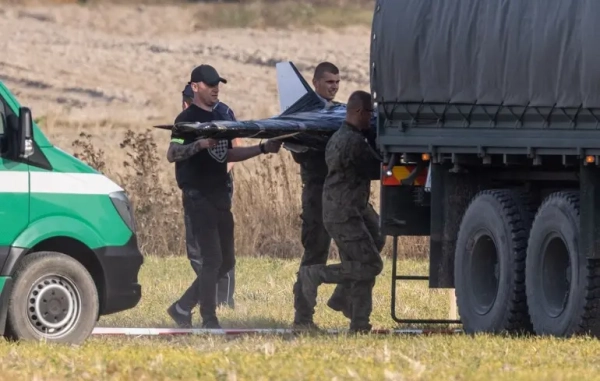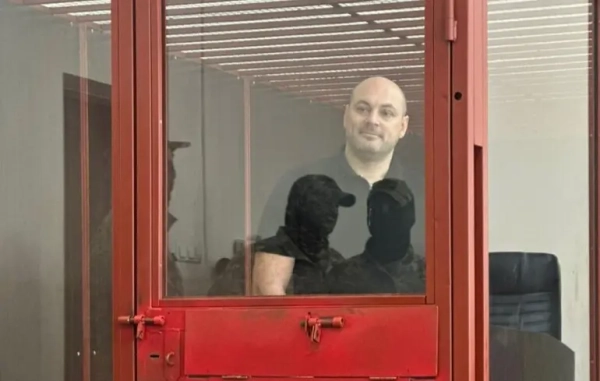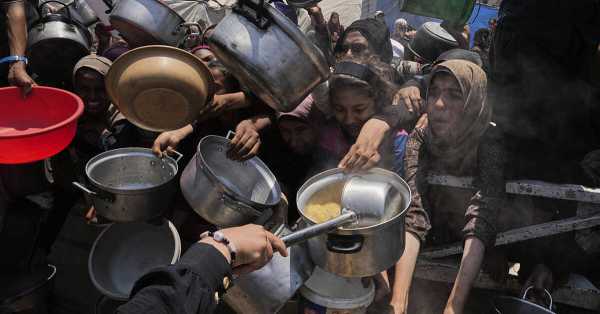
The Israeli army said it had temporarily suspended fighting in three densely populated areas of Gaza for a 10-hour period each day and opened safe roads to deliver aid to bewildered Palestinians.
The measures are intended to curb a sharp rise in hunger in the territory amid intense international condemnation of Israel over the course of the 21-month conflict.
The military department stressed that a “tactical lull” would begin in Gaza, Deir el-Balah and Muwasi – three places with a high population density – in order to “expand the volume of humanitarian supplies” to this land.
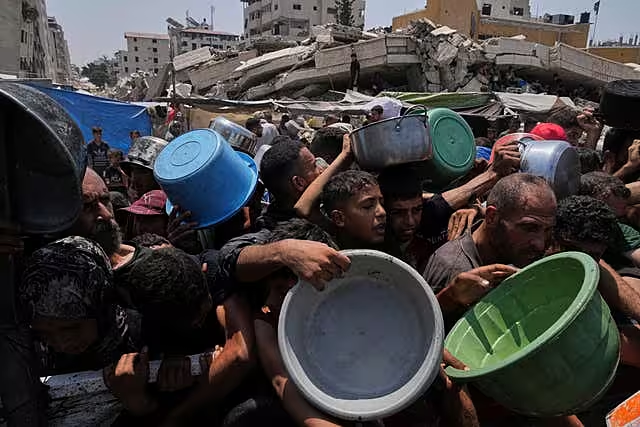
The fire stop will be in effect daily from 10:00 a.m. to 8:00 p.m. local time until further notice, with the start date being Sunday.
The armed forces also reported airdropping humanitarian supplies, including flour, sugar and canned goods, into Gaza.
Food security experts have worried for months that the sector could slide into famine after Israel cut aid, claiming Hamas was hijacking supplies to consolidate its control.
Images of emaciated children released in recent days have sparked a flurry of accusations against Israel around the world, including demands even from close allies to end the war and its humanitarian decline.
Israel noted that the new steps are being implemented in parallel with the continuation of operations against Hamas in other areas.
The local ceasefire came days after efforts to broker a truce between Israel and Hamas appeared to have stalled.
On Friday, Israel and the United States withdrew their negotiators, blaming Hamas; Tel Aviv said it was exploring “alternative options” for a hostage exchange with the group.
Following the end of the last ceasefire in March, Israel completely suspended the delivery of food, medicine, fuel and other supplies to Gaza for two and a half months, citing the need to pressure Hamas to release the hostages.
Under pressure from the international community, Israel partially eased the blockade in May.
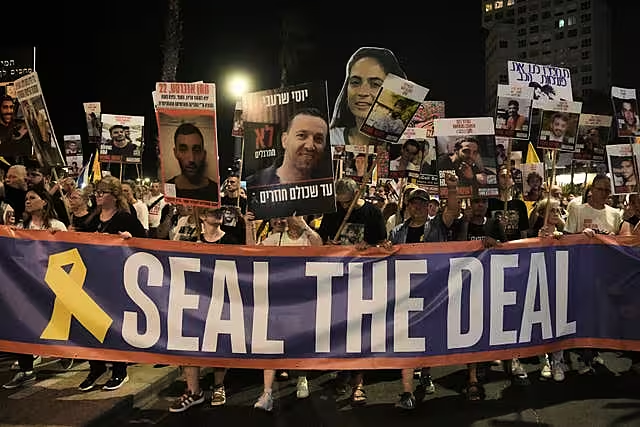
Since then, about 4,500 UN and other humanitarian aid vehicles have been able to cross the border.
However, the daily average of around 69 vehicles falls well short of the 500-600 trucks per day required by the UN.
The UN says it is unable to distribute much of the aid as hungry crowds and armed groups are diverting bulk supplies from caravans.
To shift attention away from transport corridors, Israel supported the American-registered Gaza Humanitarian Relief Fund, which opened four food distribution points in May.
Since May, Israeli forces have killed more than 1,000 Palestinians seeking food, mostly near new distribution points, according to the UN Human Rights Office.
Throughout the war, Israel has criticized the UN, arguing that its mechanism allows Hamas to steal aid without providing evidence.
The UN has rejected the allegations, stressing that its delivery system remains the best way to get resources to the Palestinians.
The military stressed that the new steps are being taken in coordination with the UN and other humanitarian agencies.
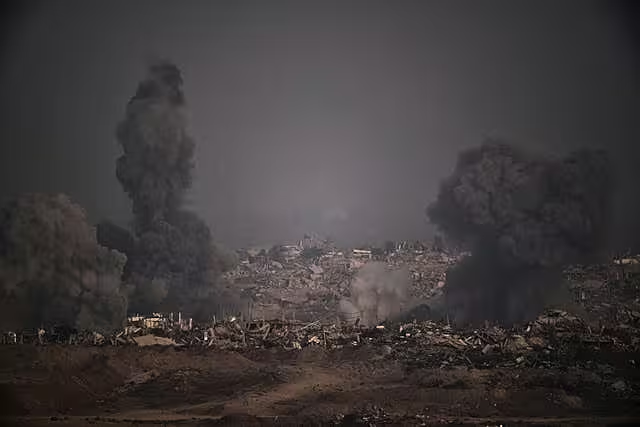
Most of Gaza's residents, pushed into ever smaller areas by the conflict, are now entirely dependent on outside aid.
The conflict erupted after Hamas launched an attack on southern Israel on October 7, 2023, killing 1,200 people, mostly civilians, and taking 251 hostages.
Hamas still holds 50 hostages, more than half of whom are believed to be dead.
More than 59,700 Palestinians have died in the Israeli counter-offensive, according to the Hamas-controlled Gaza Health Authority.
The statistics do not differentiate between militants and civilians, but the agency claims that more than half of the victims are women and children.
The agency operates under the auspices of the Hamas government, and the UN and other international organizations consider it the most reliable source of information on casualties.
Sourse: breakingnews.ie

